Expungement of a juvenile record in Minnesota is slightly different than expunging an adult record. In adult expungements, there are waiting periods before someone can be eligible for a statutory expungement – if they received a stay of adjudication, went through a diversion program, or were convicted of the offense. These are often one-, two-, four-, or five-year waiting periods depending on out the outcome and level of offense.
In juvenile expungements in Minnesota, there are no waiting periods. Regardless of the level of offense are type of disposition. In adult cases, felony convictions (of which only fifty felony offenses are eligible for statutory expungement) have a five-year waiting period after discharge from probation. A juvenile felony matter requires no waiting period. That is a significant difference for those wanting to get a felony matter expunged from their record.
The procedures for filing expungements are virtually identical compared to adult matters. In juvenile cases, you often need to be mindful of what agencies may hold records of the juvenile’s case. Dispositions can often be transferred to the home county where the juvenile resides. If the offense occurred in Hennepin County, but the juvenile resides in Ramsey County, then the case will often proceed in Hennepin County up until the point of disposition. In that case, you want to make sure all the appropriate agencies are served with the expungement. Detention centers can also be in different jurisdictions for juvenile matters.
The court also analyzes juvenile expungements a bit differently in juvenile court. One of the factors the court will evaluate is the age, education, experience, and background, including mental and emotional development, of the juvenile at the time of the offense. That is not an enumerated consideration in adult expungements, although it can be used persuasively in argument. Other similar factors in juvenile expungements that are prevalent in adult cases are the benefit that expungement would yield to the juvenile in pursuing education, employment, and housing. Minnesota’s expungement law was reworked in 2015 and widely acclaimed as a second chance law. It was to give more opportunities for those seeking employment and housing to have a second chance at having a clean background. Juvenile court does add education to that mix, which adult court does not specifically list as a factor to consider. The juvenile expungement law also has the language “pursuing” education, employment, and housing while the adult statute does not have that forward-looking term.
Another procedural wrinkle in juvenile expungements is that there is not a clear standard for the burden of proof compared to adult cases. In adult cases, where there is a conviction, the standard is clear and convincing evidence must be shown by the person seeking expungement to show why their record should be expunged. In the juvenile law, there is no specific language used as to the level of proof. With that silence, courts will often use a preponderance of the evidence standard, which is lower than the adult clear-and-convincing standard.
Even though many juvenile records are confidential, people may still want to get their juvenile records expunged. There are some advantages in juvenile court, such as length of time before being statutorily eligible for expungement and a lower burden of proof than adult court. To obtain a consultation at no charge, please contact our office by phone or text to at 612-547-3199 or email: ambroselegal@icloud.com.
